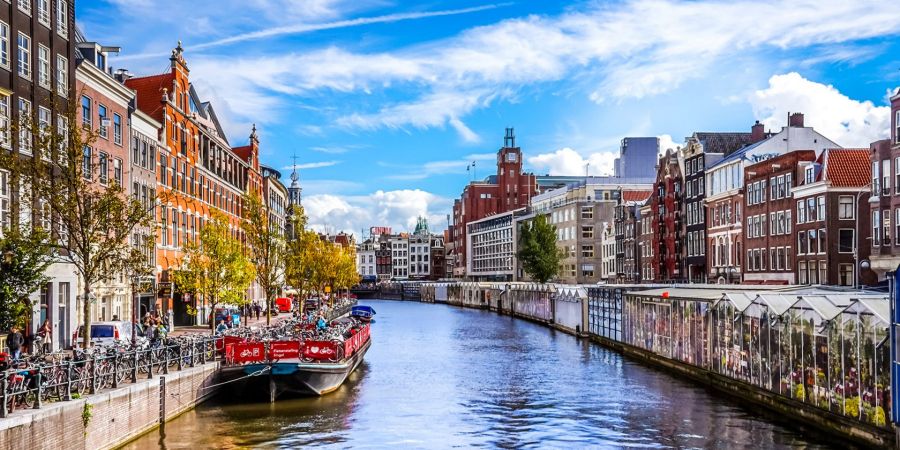

Things you need to know while considering Undergrads in the Netherlands:
If you want to grow, then you have to go after what you want. Also, if you don’t come out of your comfort zone, then you will stay in the same place forever.
The Netherlands, one of the most developed and wealthy nations in the World, is a small northwestern European nation that lies below sea level. You can say that the Netherlands was the first non-native English-speaking country to offer courses to international students. So, don’t let your determination to study abroad interfere when you can go for it. Because it opens doors to travel, making new friends, overcoming new challenges, facing different cultures, learn different languages, and good exposure to the world.
International students can study varieties of under graduation courses in Dutch or English. Over 90,000 International students studying in the Netherlands.
Duration of courses include:
It ranks the two Dutch Universities Delft University and the University of Amsterdam among the top 100 Universities in the World.
Scrutinize while choosing Dutch Universities
They have programmed all the courses for over one year. So, an international student requires an entry visa known as Provisional Residence Permit or Machtiging tot Voorlopig Verblijf (MVV) in Dutch. This permit will allow you to enter the country for six months, then after that, apply for a residence permit, done by your chosen University.
They require the following documents for MVV:
Competitive Exams:
While applying for the course it is mandatory to write competitive English Exams like IELTS or TOEFL based on the University you have applied to. Get over 6.0 in IELTS or for TOEFL; it is paper based-550 and computer-based -213.
Why the Netherlands?
Government subsidies education in the Netherlands and so it is affordable and costs low compared to the Universities in the USA, Australia, and the UK. When you compare to the low-cost living and the standard education in the Netherlands, it will give an actual value for money, unlike the USA or UK. The annual tuition fees for a degree program or course start at approximately Euro 1,900 for EU students and Euro 6,000 for non-EU students, based on the Institution you choose.
Alternatively, if you have a job alongside your studies, you can declare these expenses and return your money from taxes. Further, some Universities offer scholarships that reduce your tuition fees.
You will have a wonderful experience with the diverse culture in cities and Universities. It also affords excellent transport links to other European countries at a low cost. Tourist highlights are exciting as the Netherlands has a typical maritime climate with mild winters and cool summers.
Also, according to the Netherland Government, they boast heaven for cycling enthusiasts as there are about 23 million bikes in the country, more than the number of actual 17 million citizens. This cycling represents a great way to reduce air pollution and increase a healthy atmosphere.
Cost of living:
The cost of living in the Netherlands is low compared to other European countries. For a month, you need between Euro 800-1000. If you have a shortage, then you can take up part-time jobs. Suppose if you are an EU (European Union) student, you are eligible to work for 32 hours per month and granted Euro 265 and a student OV-Chipkaart for free public transportation for both weekdays and weekends.
List of Universities for International students:
Healthcare Insurance:
When you are in the Netherlands, if you are going for a job or have paid internship, you are eligible to take Dutch Insurance Cover, known as zorgverzekering. This insurance covers your medical expenses.
If you are a citizen of EU/EEA or Swiss National, even if you are not having any job or internship, then you are eligible for a European Health Insurance Card (EHIC) to cover your medical expenses. An advantage is that you can apply it in your own country before you start your studies.
Getting Foreign Certificates Accredited
If you have received in abroad your diplomas and certificated, then you have to accredit by the Dutch authorities before you join a Netherlands University. Usually, the Institution you have applied for will handle this. If not, then IDW Internationale Diplomawaardering (www.idw.nl) offers this service for a fee.
Useful Guidelines:










